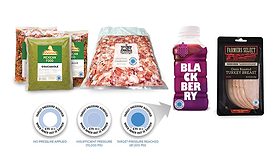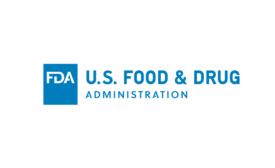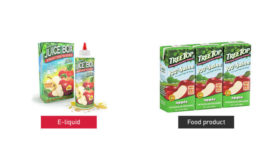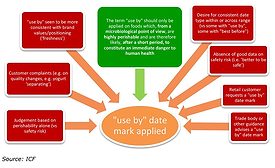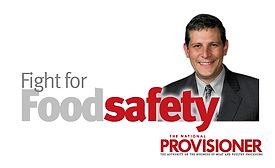Home » labeling
Articles Tagged with ''labeling''
Manufacturing News
New bioengineering labels are on the way
Labels will show foods are compliant with disclosure standards
August 8, 2018
Food Safety
An allergen-free warehouse
Allergen management and proper labeling are key in a company’s effort to prevent cross-contact.
June 28, 2018
FDA
FDA, FTC issue warning letters to e-liquid manufacturers
Letters warn companies that packaging resembles children's juice boxes, candies and cookies
May 11, 2018
Food Waste
'Use by…,' 'Best before…,' confusion causes 10% of food waste in the EU
The problem of date stamps in the EU is just as much of a problem as in the US, even though there are only two date stamp choices in the EU.
February 11, 2018
Never miss the latest news and trends driving the food safety industry
eNewsletter | Website | eMagazine
JOIN TODAY!Copyright ©2025. All Rights Reserved BNP Media.
Design, CMS, Hosting & Web Development :: ePublishing


